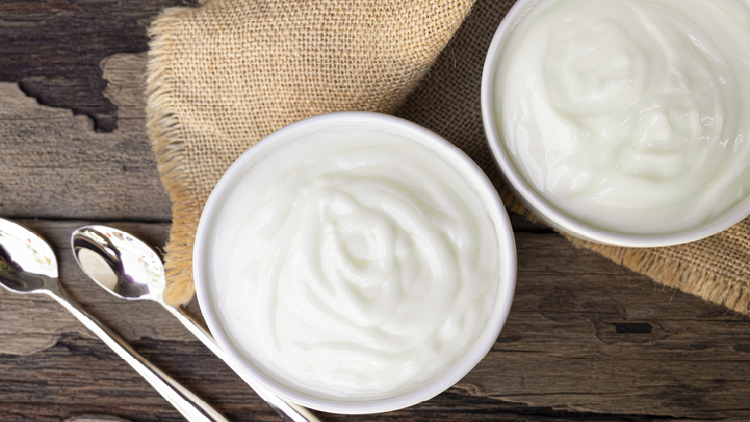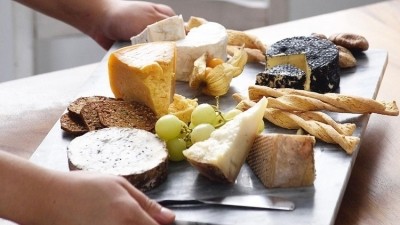New bacteria under public consultation in China for use in fermented dairy, yogurt

The bacteria strain in question is Leuconostoc pseudomesenteroides, which is isolated from traditional fermented dairy products, China National Center for Food Safety Risk Assessment (CFSA) said in its announcement on holding a public consultation.
It has proposed to recognise the strain as a New Food Raw Material that can be used in foods such as fermented dairy, cheese, fermented milk beverage, and lactic acid bacteria beverage.
However, it would not be applicable to infant and toddler foods.
The Chinese authorities had begun reviewing the strain in April last year.
To date, the bacteria strain has been recognised and added to European Food Safety Authority’s (EFSA) Qualified Presumption of Safety (QPS) list and International Dairy Federation for its safety.
It has since been approved for use in countries including Denmark, Canada, and South Korea.
Locally, the stain has passed safety assessment performed by Chinese authorities.
The public consultation will end before July 29.
Existing findings
Leuconostoc pseudomesenteroides has been found to reduce serum lipids and restored intestinal disorder caused by a high-fat diet in an animal study.
In a study published in Food and Function in 2020, obese mice fed with Leuconostoc pseudomesenteroides for eight weeks had shown to reduce the weight of mice and serum lipids, and the researchers – who were from China – believes that it could be a potential dietary supplement for weight control.
A study published in Animal Science Journal in 2004 showed that Leuconostoc pseudomesenteroides was one of the dominant strains in mare milk collected in Inner Mongolia.
Analysis showed that the strain constituted 19 per cent of the microbial composition, and other dominant strains included Leuconostoc mesenteroides and Streptococcus parauberis.
Other species of Leuconostoc are also incorporated in food and probiotic products.
An example is South Korea’s Jung’s Laboratory of Immunology, which has launched a probiotic containing Leuconostoc kimchi MB1220, Leuconostoc citreum MB1221, and Lactobacillus plantarum MB01.
On the other hand, the Leuconostoc species were shown to be generally resistant against stress factors such as heat, change in pH, and oxidation.
The highest resistance was shown by Leuconostoc lactis followed by Leuconostoc mesenteroides strains, while Leuconostoc pseudomesenteroides and Leuconostoc citreum strains revealed the lowest resistance to the stress factors applied, according to a study published in Food Microbiology in 2017.






















